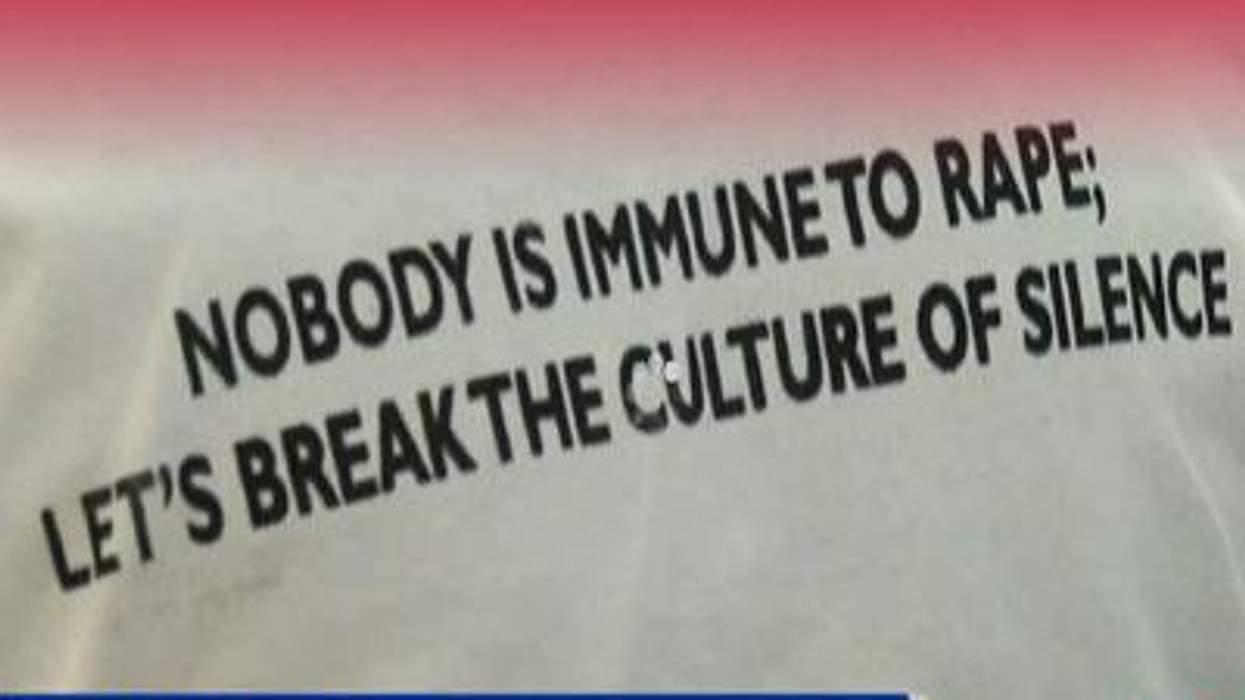Men of Hope Refugee Association in Uganda (MOHRAU) is a program of Makerere University Law School's Refugee Law Project that helps men and boys who have been victims of sexual violence to cope and move forward with their lives. But, a report released by project organizers earlier this year says the program's effectiveness is threatened by Uganda's draconian Anti-Homosexuality Act (AHA), which was signed into law earlier this year by President Yoweri Museveni.
"The Anti-Homosexuality [Act has] posed a threat to the members of the group who have proposed suspending community activities for fear of being viewed and labeled as homosexuals," the report's authors write. "The...AHA [has] not only reinforced homophobia but also heightened xenophobia."
The report, titled "Male Survivors of Sexual Violence in Kampala Demand for Better Services," notes the program has flourished since its inception in 2011 by creating and fostering self-help projects for group members, most of whom are refugees from other countries and not necessarily gay, bi or transgender.
Among the programs created under the MOHRAU umbrella are dozens of community-awareness efforts, "sensitization" campaigns, advocacy groups, projects aimed at documenting acts of sexual violence against refugee men and boys, and survivor-led discussion groups.
There have even been efforts to educate and enlist police officers to help male refugee victims inside Uganda survive and overcome the stigma of rape.
"Survivors called upon the inspector general of police to [affect] the operation of the special unit to handle cases of domestic violence against men and boys," according to the report.
Noting that if Uganda's inspector general of police does indeed follow through on a promise to establish a special unit for cases of sexual and domestic violence against men and boys, it would be the first time any African nation has created such a program for male victims of rape.
MOHRAU's work with Uganda's police community stands in drastic contrast to reports of human rights groups in Kenya, which claim that hundreds of Ugandan LGBTs have escaped torment, torture and violence committed sometimes, they say, by Ugandan police officers emboldened and incited by Uganda's brutal antigay law.
That law includes penalties of up to life in prison for "aggravated homosexuality" as well as sentences of up to seven years in prison for landlords who fail to evict LGBT tenants and for family members who don't turn them in.




































































Charlie Kirk DID say stoning gay people was the 'perfect law' — and these other heinous quotes